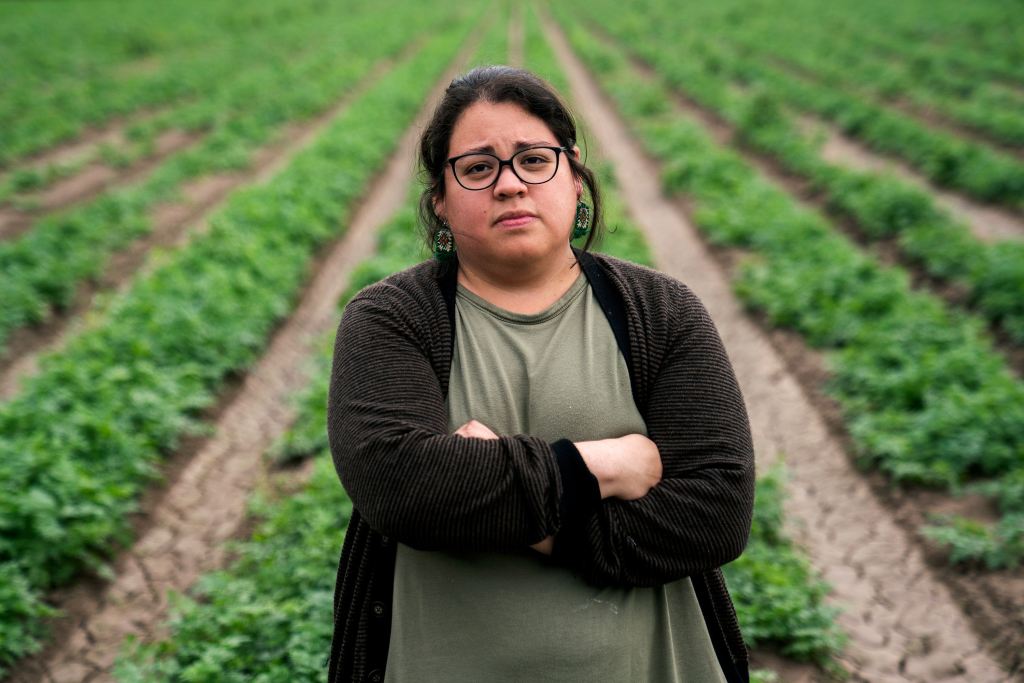
Bekah Hinojosa community organizer & campaigner in the Rio Grande Valley of Texas & Christopher Basaldù phd, speaker from the South Texas Environmental Justice Network and the Carrizo Comecrudo Nation, are both fighting against gas expansion projects in the Rio Grande Valley.

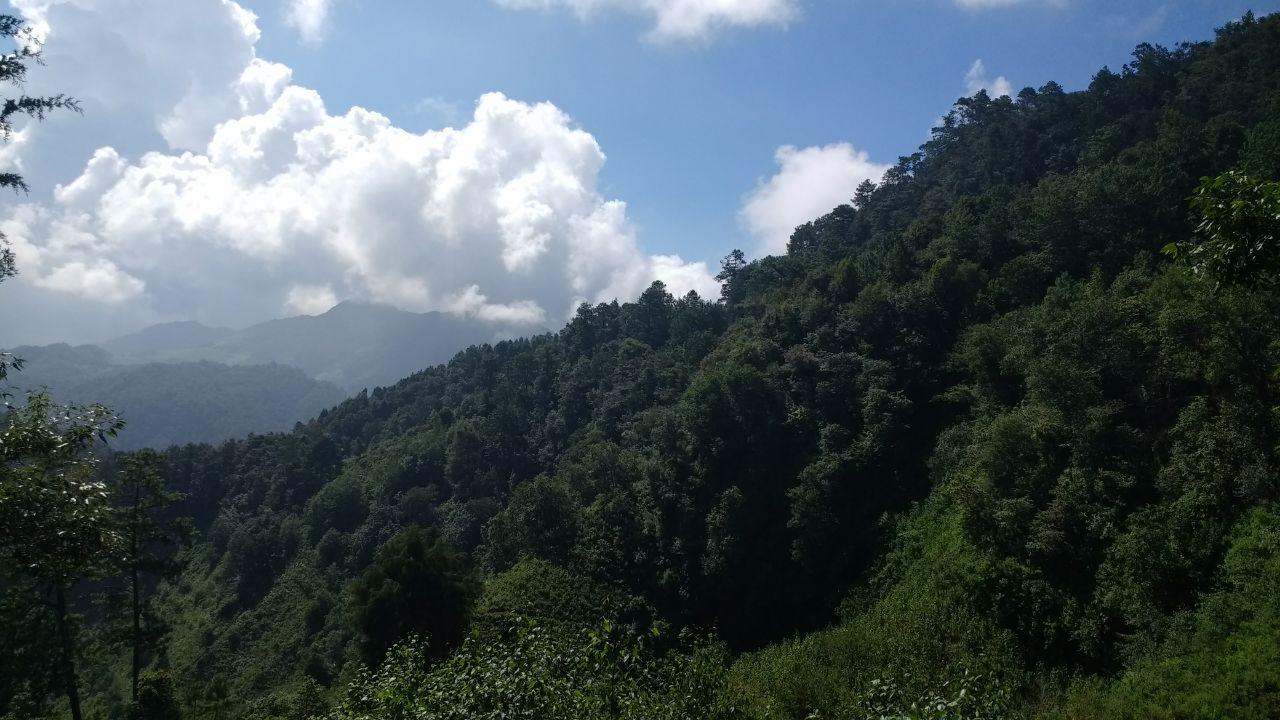
Rio Bravo Pipeline
Rio Bravo Pipeline - Operator: Rio Bravo Pipeline Company, LLC - Parent Company: Enbridge - Proposed capacity: 4500 Million cubic feet per day - Length: 137 miles / 220 km - Status: Proposed - Start Year: 2023
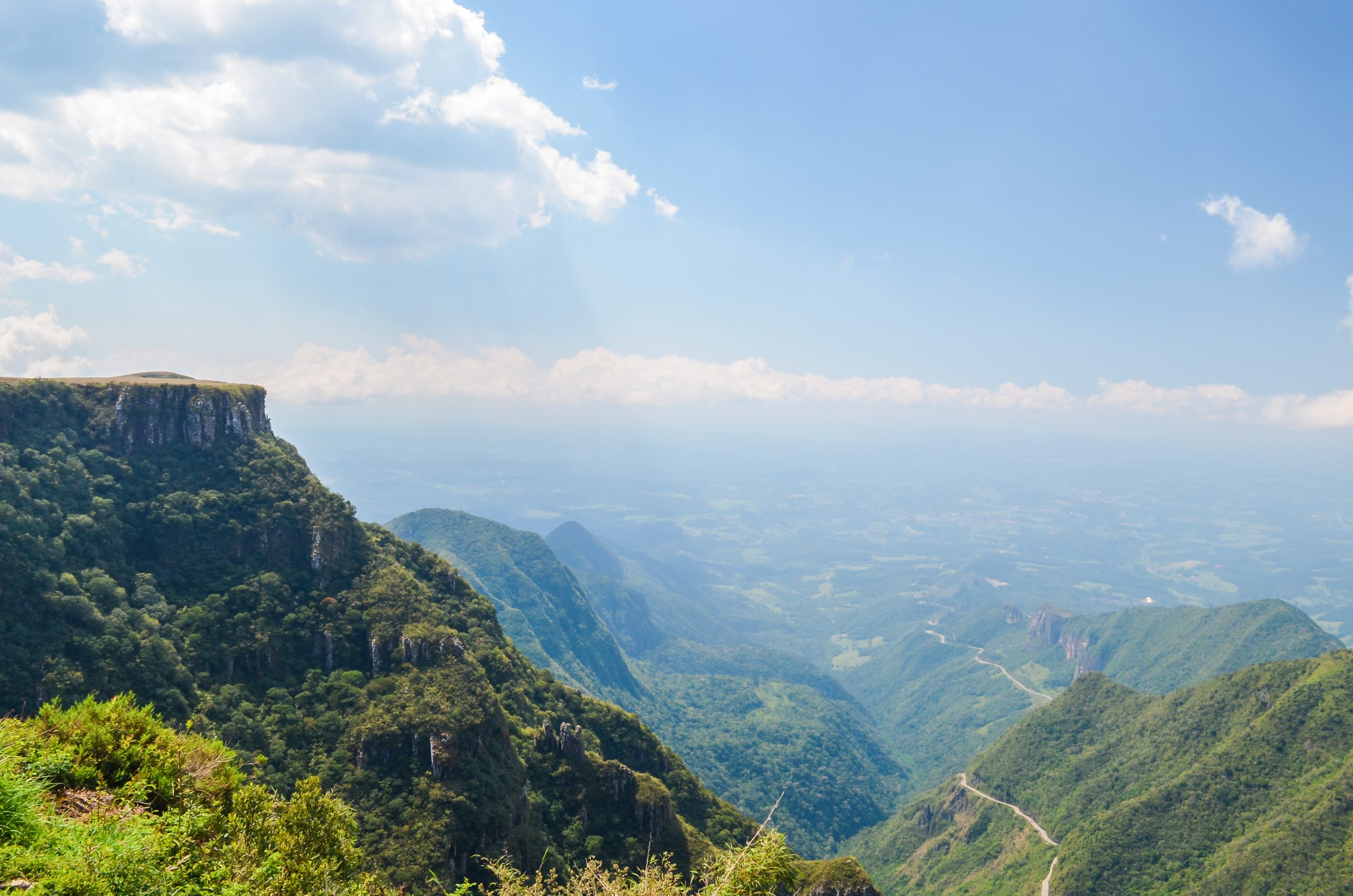
Rio Grande Pipeline
Rio Grande Pipeline - Operator: Rio Grande LNG LLC - Owner: Rio Grande LNG LLC - Parent company: NextDecade, Mubadala Investment Co PJSC - Location: Brownsville, Texas, United States - Coordinates: 25.950835, -97.410844 (approximate) - Capacity: 27 mtpa (5.4 mtpa per train) - Status: Proposed, Pre-FID ...
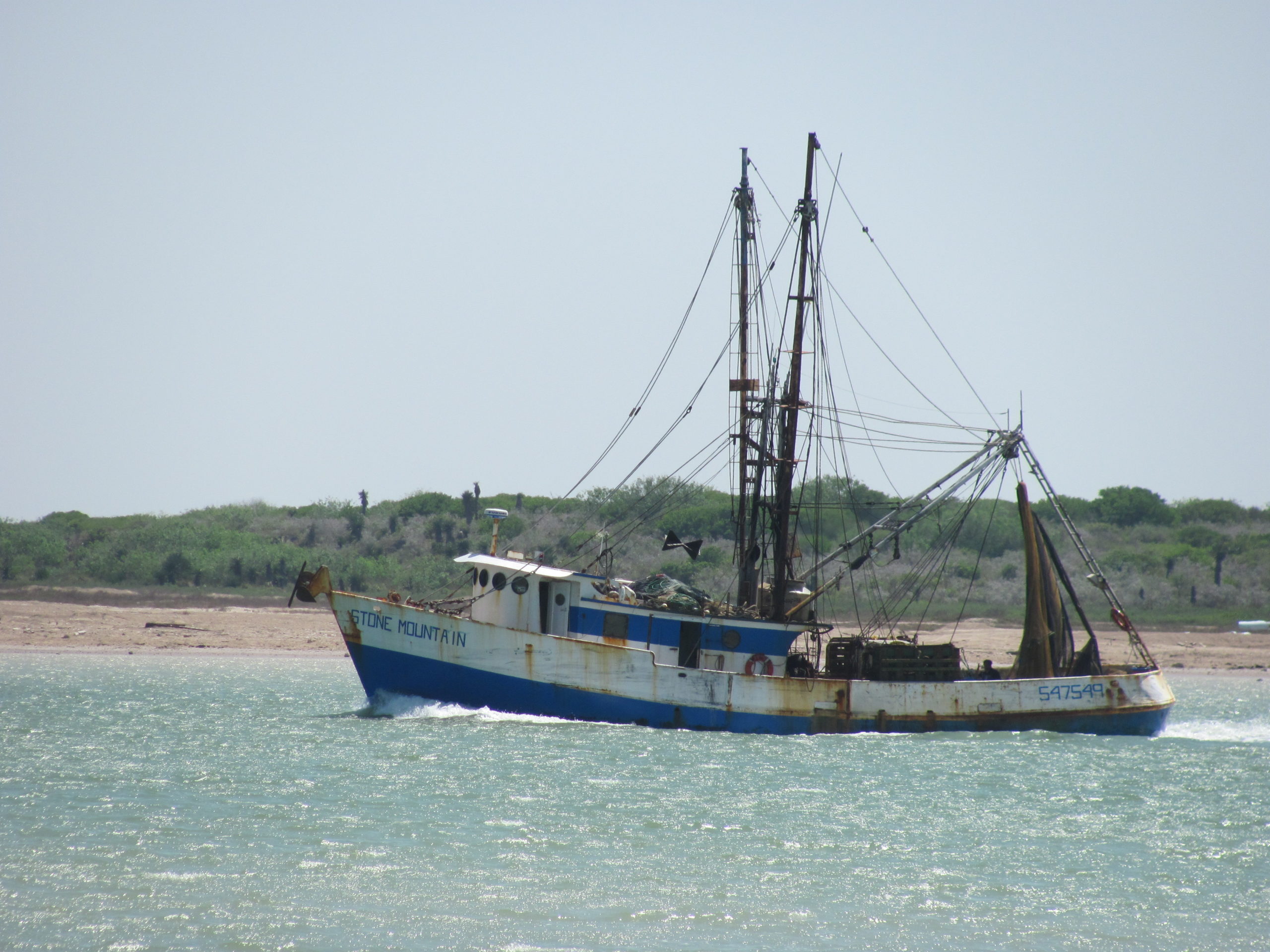
Valley Crossing Pipeline
Valley Crossing Pipeline - Operator: Enbridge Energy Pipeline Co - Owner: Enbridge, - Texas LNG Brownsville (parent: Glenfarne Group LLC)1 - Parent company: Enbridge - Capacity: 2.6 billion cubic feet per day - Length: 177 miles - Diameter: 42 inches, 48 inches - Status: Operating - Start ...

Texas LNG Terminal
Texas LNG Terminal - Owner: Texas LNG Brownsville, LLC - Operator: Texas LNG Brownsville, LLC - Parent: Alder Midstream (subsidiary of Glenfarne Group) is majority owner, Samsung - Engineering is minority equity owner - Location: Brownsville, Texas, United States - Coordinates: 25.950835, -97.410844 (approxi...
Key Risks
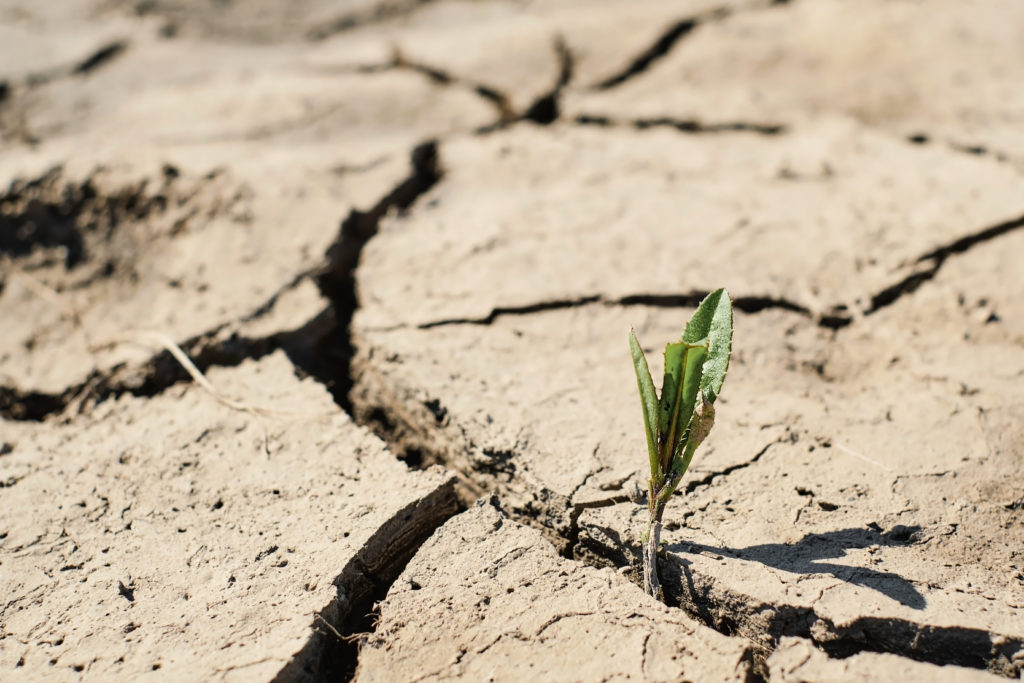
Climate Disaster
- The terminals and pipeline would be destructive to the climate and spew just as much greenhouse emissions as approximately 40.4 million cars on the road per year.
- These terminals would liquefy fracked gas and would contribute to the expansion of hazardous fracking in the Eagle Ford and Permian shale basins in Texas.
- If built, the LNG terminals would be counterproductive to the Paris Agreement’s goal of limiting global warming to 1.5° Celsius, which requires an end to all expansion of fossil fuel infrastructure.
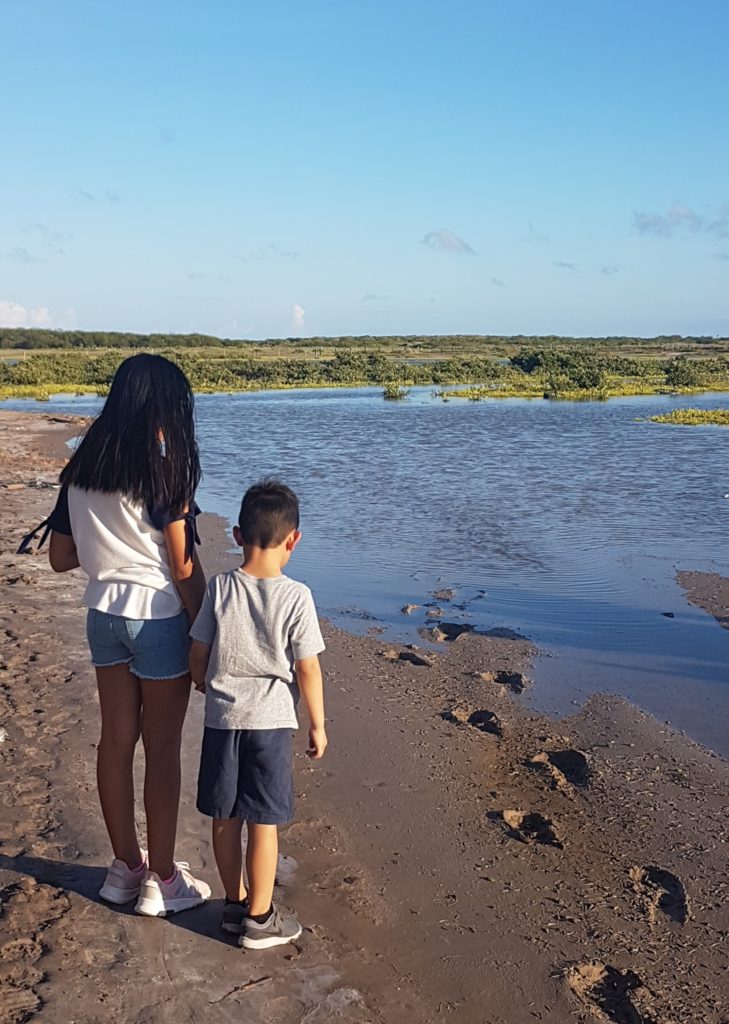
Indigenous Rights Violations
- The Texas LNG terminal site contains Garcia Pasture, a sacred burial site of the Carrizo Comecrudo Tribe of Texas. This burial site is on the National Park Service’s list of historic places and declared an endangered site by the World Monuments Fund in 2022.
- Rio Grande LNG plans to build adjacent to Texas LNG on land that is sacred to the Carrizo Comecrudo Tribe of Texas.
- Texas LNG, Rio Grande LNG, regulatory agencies, and banks have failed to consult with the Carrizo Comecrudo Tribe.

Community and Health Impacts
- These LNG terminals would emit thousands of tons of harmful pollutants into the air, impacting the health of nearby low-income Latinx and Indigenous communities.
- The facilities would significantly degrade the local fishing, shrimping, and nature tourism industries, which make up large parts of the local economy.
- The projects are formally opposed by the City of South Padre Island, the City of Port Isabel, the Town of Laguna Vista, Long Island Village, the Laguna Madre Water District, and the South Padre Island Business Owners Association.
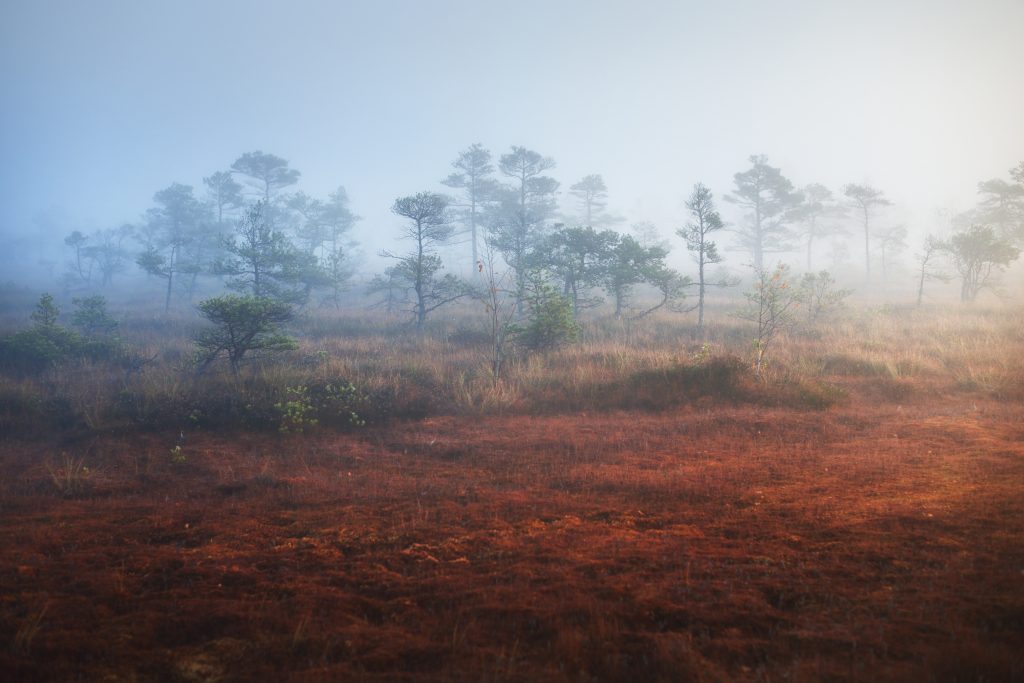
Ecosystem Damage
- These terminals are proposed for an unindustrialized area of the Texas Gulf Coast that does not currently have fossil fuel infrastructure. They would pave over a “greenfield” of undeveloped wetlands, pollute nearby wildlife refuges, and divide a national wildlife corridor.
- Construction and operation of the LNG projects would destroy habitat for multiple endangered species. Habitat loss, industrial noise, and LNG ship traffic would mean “permanent and significant” impacts on the endangered ocelot, northern aplomado falcon, the Rice’s Whale, and Kemp’s Ridley sea turtle.

Reputational and Financial Risk to Financial Institutions
- Organizations and local communities have already garnered significant attention in speaking out against banks advising these LNG projects, and the opposition will continue.
- Protests from activists, including Indigenous people, pushed the French bank, BNP Paribas, to withdraw from Texas LNG and ultimately from nearly all LNG terminals and pipelines.
- Cork, Ireland, canceled their plans to import gas from Rio Grande LNG because of the impacts of fracking and Texan and Irish opposition to LNG terminals.
- In 2021, Annova LNG, another LNG terminal proposed for the Rio Grande Valley, canceled its export project because of the unstable global market for LNG and local opposition.
- In 2021, a major lawsuit victory is forcing the Federal Energy Regulatory Commission (FERC) to re-review the climate and environmental impacts of Texas LNG and Rio Grande LNG. The FERC is considering several other amendments to the proposed LNG terminals such as a new proposed pipeline design.
- Texas LNG does not currently have its Clean Water Act Section 404 permit from the Army Corps of Engineers required to move forward with the project.
- Nearly four years behind schedule, the two remaining LNG terminals have been plagued with delays because of opposition, lawsuits, and the unstable gas market.
